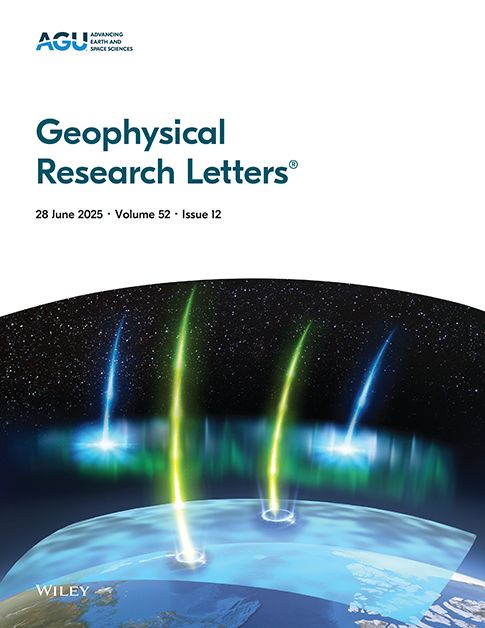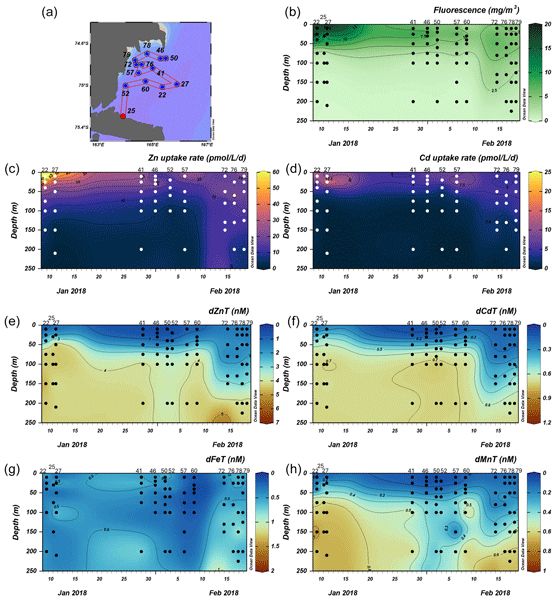Peter Crockford
@earth2pete.bsky.social
170 followers
190 following
8 posts
Assistant Professor at Carleton University
Posts
Media
Videos
Starter Packs
Pinned
Peter Crockford
@earth2pete.bsky.social
· Feb 18
Peter Crockford
@earth2pete.bsky.social
· Jun 27

Evidence for Hadean mafic intrusions in the Nuvvuagittuq Greenstone Belt, Canada
Many questions remain regarding Earth’s earliest crust owing to the rarity of Hadean (>4.03 billion-year-old) rocks and minerals. The Nuvvuagittuq Greenstone Belt (NGB) in Canada may be the only known...
www.science.org
Peter Crockford
@earth2pete.bsky.social
· Jun 19

Depositional Controls on ∆′17O Signatures of Sedimentary Sulfate
Sulfate triple oxygen isotope signatures are most consistent with terrestrial pyrite oxidation and subsequent dilution Depositional environment must be considered in the translation of sulfate ∆′...
agupubs.onlinelibrary.wiley.com
Reposted by Peter Crockford
Reposted by Peter Crockford
Jay T. Cullen
@jaytcullen.bsky.social
· May 7

Ocean Networks Canada hiring Chief Executive Officer in Victoria, British Columbia, Canada | LinkedIn
Posted 11:14:22 PM. Ocean Networks Canada (ONC) is a world-leading, not-for-profit organization that supports ocean…See this and similar jobs on LinkedIn.
www.linkedin.com
Peter Crockford
@earth2pete.bsky.social
· Feb 18
Peter Crockford
@earth2pete.bsky.social
· Dec 19

High metabolic zinc demand within native Amundsen and Ross sea phytoplankton communities determined by stable isotope uptake rate measurements
Abstract. Zinc (Zn) is an essential micronutrient for most eukaryotic phytoplankton. Zn uptake by phytoplankton within the euphotic zone results in nutrient-like dissolved Zn (dZn) profiles with a lar...
bg.copernicus.org
Reposted by Peter Crockford
David Ho
@davidho.bsky.social
· Dec 8

Long-term carbon storage in shelf sea sediments reduced by intensive bottom trawling - Nature Geoscience
Intensive bottom trawling causes a long-term reduction of organic carbon stored in seafloor sediments, suggesting a need for more effective management, according to observations and biogeochemical mod...
www.nature.com







